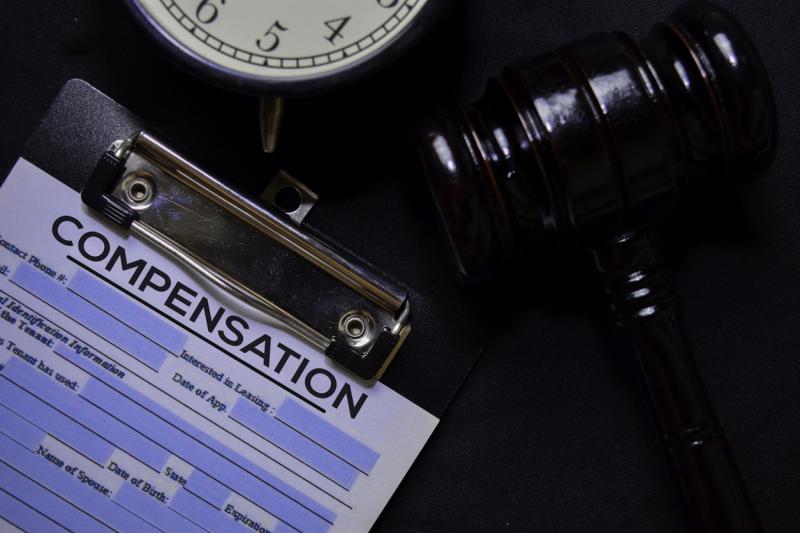What Do Personal Injury Suits Entitle You Too?

If you've recently been injured and you're planning to move forward with a lawsuit, you likely want to know about how much you'll be compensated if you win your case. There are many different factors that come into play if you're trying to determine what you're entitled to. Here are some of the factors that you should know about.
1. How Much in Damages Have You Incurred?
The first step is to figure out what your injuries have cost you and will cost you in the long term. You have to look at things like medical bills, long term mental damage, and how it affects your employment. Because these things can get complex, you want to work with a good personal injury lawyer that can help you figure all of this out.
2. Will You Be Dealing with the Person/Company or the Insurance Company?
In many cases, you'll learn that either the person or company will be backed by some kind of insurance policy to deal with personal injury cases. With insurance companies, they will push for some kind of settlement because they know that going to court will cost them more money in the long run. It's up to you whether you think the settlement is fair or not.
When dealing with a person or company, you need to figure out their ability to make good on the payments. It doesn't help you if you are suing somebody that has very little to no assets. You will be suing on the basis that they will bring in an income in the future. This isn't always ideal if you have to deal with legal fees and other expenses while waiting for your payment.
For companies, there should be a negotiation to discuss compensation before moving forward with a lawsuit. Again, you need to have a specialized attorney in personal injuries by your side to help you figure out what you should sue for and what you're entitled to. A lawyer will also help you negotiate with companies, insurance companies, and individuals to help you get the maximum amount you deserve.
3. How Much of the Responsibility Does the Party Bear?
Another thing that comes into play is how much responsibility the other party bears. If it's clear that the other party has been negligent under the law, then there is a greater chance that you'll be compensated better compared to a situation where there were other factors that were in play. You need a good lawyer to find the evidence, connect it to the existing laws, and present it to the courts to ensure you collect the maximum amount.
What Your Lawsuit Will Cover
Here is a general overview of what you are entitled to in personal injury suits:
Medical treatment - You are entitled to the costs you've incurred and will incur for medical treatment. This includes hikes to your health insurance costs and care that is not covered by your health insurance plan.
Property damage - If you have been in a car accident, it makes sense to ask to be compensated for damage or loss to your property. You are also entitled to damages to personal belongings like phones, clothing, and jewelry that were incurred due to the injury.
Pain and suffering - If you are in serious pain and discomfort, you want to include this in your compensation. The anguish you feel due to the injury cannot be overlooked in cases like this.
Emotional distress - Physical injuries do have a psychological impact. It can cause trauma, PTSD, depression, and anxiety. This may be grouped in with pain and suffering but it's important to note emotional distress, especially if you may need psychological treatment.
These are the main categories that a personal injury lawsuit entitles you to. Of course, there are others like loss of enjoyment and loss of consortium. But these only apply to special cases.
The important thing is to have a good lawyer by your side to ensure that you figure out what you can sue for, tally out all the damages, and negotiate to get the best compensation you possibly can.
More to Read:
Previous Posts:







